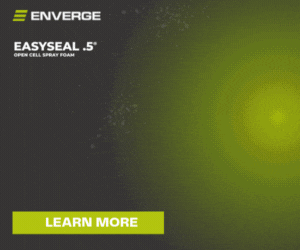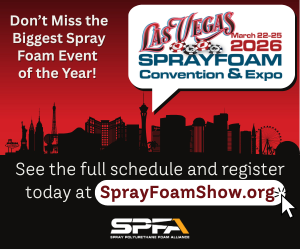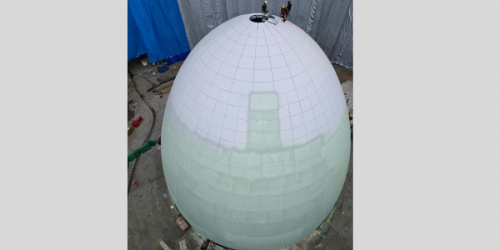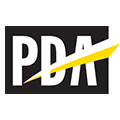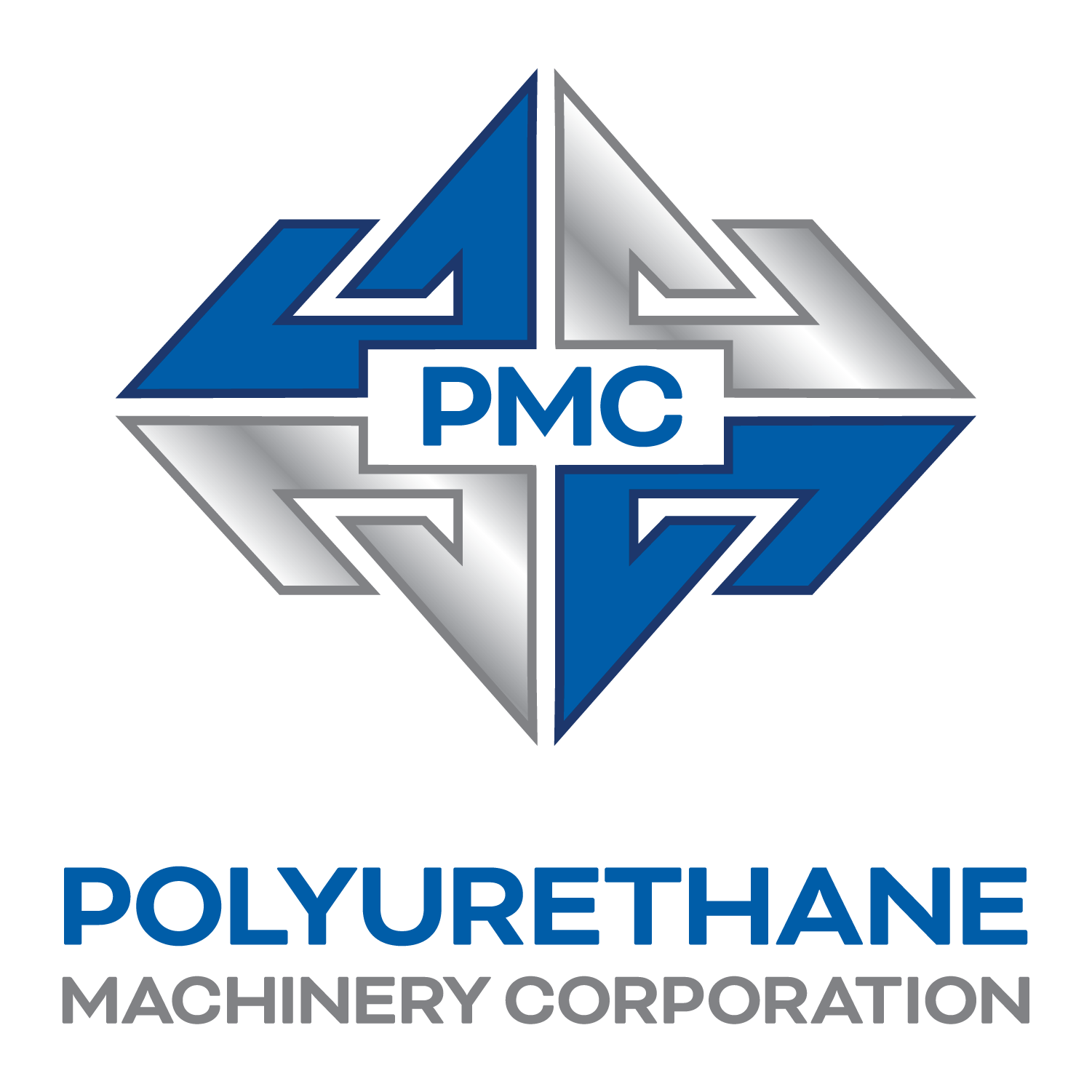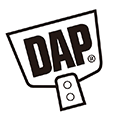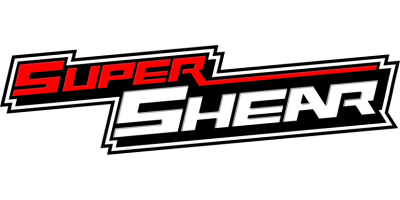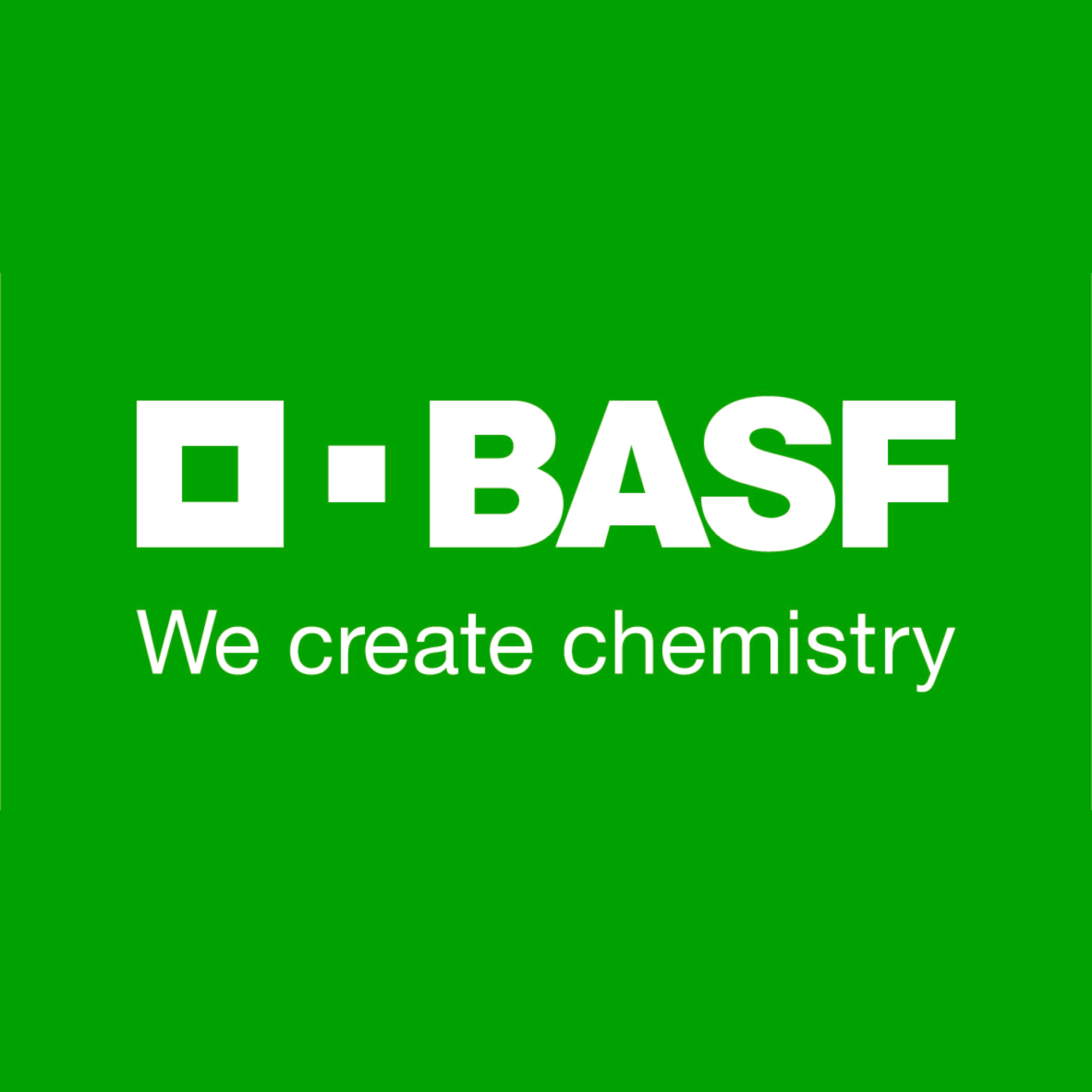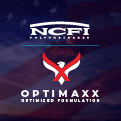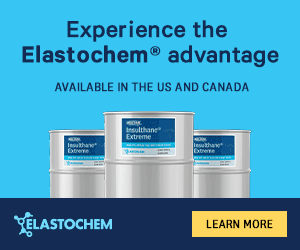Q&A Forums
insulation supplier Post New Topic | Post Reply
| Author | Comments |
|---|---|
|
Posted: Oct 05, 2011 10:27 PM
|
insulation supplier
We are just now starting into this business. We have purchased all of our equipment but we cant seem to find many suppliers for the foam. Could someone please head us in the direction of the best places to buy the foam. We've gotten 1 price so far and it's 2000.00 for either open cell or closed cell kits. Is this a good price or too high? How do we know the difference in the quality of the product without seeing it first? I appreciate any help you can give me.Thanks |
|
mason
Posted: Oct 06, 2011 07:50 AM
|
There are many suppliers who provide high quality products. The most important thing for a newbie is to get adequate education and training. After you receive this training, you can be better prepared to determine a supplier best suited for your needs. For the beginning contractor, you would require not only a supplier that can provide fresh foam, stored properly and delivered timely, but also just as important, great tech support(call back within a couple of hours of a problem)and training on their specific foams. I presume you received some training when you purchased the equipment but you should also check out industry education such as that which is available through the Spray Polyurethane Foam Alliance (SPFA). They have courses on Fundamentals of SPF that goes into foam chemistry, foam equipment, coating equipment and a safety and health chapter. They have 2 other specific to roofing or to building envelope. These courses go into building codes, substrate preparation, tips on installation, working with different materials, applications, design details, building science, quality control, inspections, and more. Check out the courses at sprayfoam.org under accreditation. (Note: I provide these courses at various locations throuhout the year and they are also available at the annual Sprayfoam Conference held in January or February.) You should also take safety and health courses specific to sprayfoam applications. These are courses I have taught that contain valuable safety and health information about sprayfoam applications. SPFA Safety and Health course (sprayfoam.org) CPI Chemical Safety and Health (spraypolyurethanefoam.org) Sustainable Workplace Alliance OSHA Safety and Health for SPF Applicators. (sustainablewp.org) (Note: some suppliers require a safety and health course before purchasing from them) Concurrent with the classroom courses described above, you should also take a good equipment and materials course that is provided by the supplier. These courses (many are accredited by SPFA) provide hands on training on the specific type of equipment recommended for their foam, how to take care of the equipment, clean it, troubleshoot it. The courses provide details on their specific foam, its characteristics, where it is used, how to install their foam, what pressure/heat and gun configuration settings work best with their foam under various conditions, how to store the material, how to determine good quality foam from bad. Look for foams that have building code evaluation reports (such as ICC evaluation reports) that tell you how to install the foams in compliance with national building codes. Some questions to ask the supplier: 1. How is their material stored and shipped and how far away will it be shipped to your location? The closer the warehouse to you, the better. Less likelihood of the foam being subjected to extreme temperatures when it is closer to you. Do they use climate controlled trucks? For example, if the foam is coming from Phoenix during the summer and going to New Jersey, you would want it shipped in a climate controlled truck and not have it sitting on a dock in 100 degree weather. 2. Are they financially solvent and have a good business record? Check out their Dun and Bradstreet rating and review their record with the Better business Bureau. Google them for customer complaints. If they have any, ask them to address the concerns. Your common sense should assist you to determine if the complaints have merit or not. 3. How do they qualify their contractors? Do they have a contractor certification program. How do you become an approved applicator? The better suppliers will require some documented training from sources they trust 4. How do they address foam problems? Every foam manufacturer will have a material problem from time to time. Its how they address those problems that matter. Ask if they have a procedure to follow. What information and record keeping do they require to adequately address a situation when the foam is not acting right? (such as a poor spray pattern, inability to maintain consistent rise and cure, poor physical properties, shrinkage or or excessive odor) 5. How old is the foam when you receive it? Most foam has a shelf life of from 3-6 months. Your foam should be as fresh as possible and not within a few weeks of the shelf life when you receive it. 6. How accessible is the tech person that covers your area? You should be able to have a troubleshooting technician call back the same day (within a couple of hours at the maximum) when have a problem that shuts you down or prevents you from starting a job. 7. Get a list of their customers in different areas and call them. Ask them the same questions and see if you get different answers. 8. Be sure to ask if they have different formulas for different climates and contact their customers in the various climates asking how the foam works in the summer, winter, spring and fall. You may find that one supplier has a very good foam for cold climates but not so good in hot climates or vice versa. I can tell you that I have sprayed more than 100 brands of foam in the 41 years I have been in the industry and more than 300 types of foam. Most of the foam with a few horrible exceptions could be sprayed properly with the right equipment, training and conditions. You mentioned price and I have seen foam range between $1.85 on the low end and $2.20 on the high end. (For foam shipped in 55 gallon drums that is sprayed through conventional high pressure proportioner sprayfoam equipment) The volume of foam makes a big difference. If you are purchasing truckload quantities you will get the lowest prices. If you purchase 2-4 kits of foam at a time, you will get the higher prices. Also, you may pay a higher price initially due to the added technical support that is expected with a new applicator. I am sure our readers can offer their tips and experiences as well. |
|
mason
Posted: Oct 06, 2011 09:19 AM
|
As for a list of suppliers, check out the buyers guide at sprayfoammagazine.com at ICAA (Insulation Contractors Association of America) and at SPFA (Spray Polyurethane Foam Alliance) |
|
richard sucher II
Posted: Oct 06, 2011 01:34 PM
|
simple question. where are you located? Given this info. others can respond with those suppliers that they recommend in your area. |
|
Posted: Oct 06, 2011 06:35 PM
|
I appreciate all the info. We are currently in the process of getting the education we need to get started but the training isnt until next weekend. You mentioned the price per pound but could you calculate that into the price for the 55 gal drums. I dont know how many pounds a kit has...sorry i dont understand all of this yet. As far as the 2nd question goes I am in a rural northeast Alabama community. |
|
richard sucher II
Posted: Oct 06, 2011 07:10 PM
|
check out suppliers in your area for systems like BASF, NCFI, Dow, Demilec, Bayer for instance. Technical support is critical as well as local source for timely service on parts for equipment as well as delivery of material. Good luck. |
|
mason
Posted: Oct 07, 2011 09:24 PM
|
Foam is typically sold in 1000 lb kits, 500 lbs of A and 500 lbs of B. Some suppliers have 2500 lb totes. |
|
NEFoamer94
Posted: Dec 03, 2011 11:23 PM
|
I'm just curious as to what made you decide to get into the business? Buying spray foam equipment prior to any training and not knowing much about it seems like a leap of faith. Luckily you found this site. I'd read through every post Mason has made 'cause you're not going to find a better resource than him. As far as suppliers, there are many of them. We use NCFI for closed cell and Demilac for open cell. Some of them do certain things better than others. Find one with great tech support because just starting out, you're going to need it. We don't have a lot of experience with others, but we've been happy with the tech support of NCFI. |



